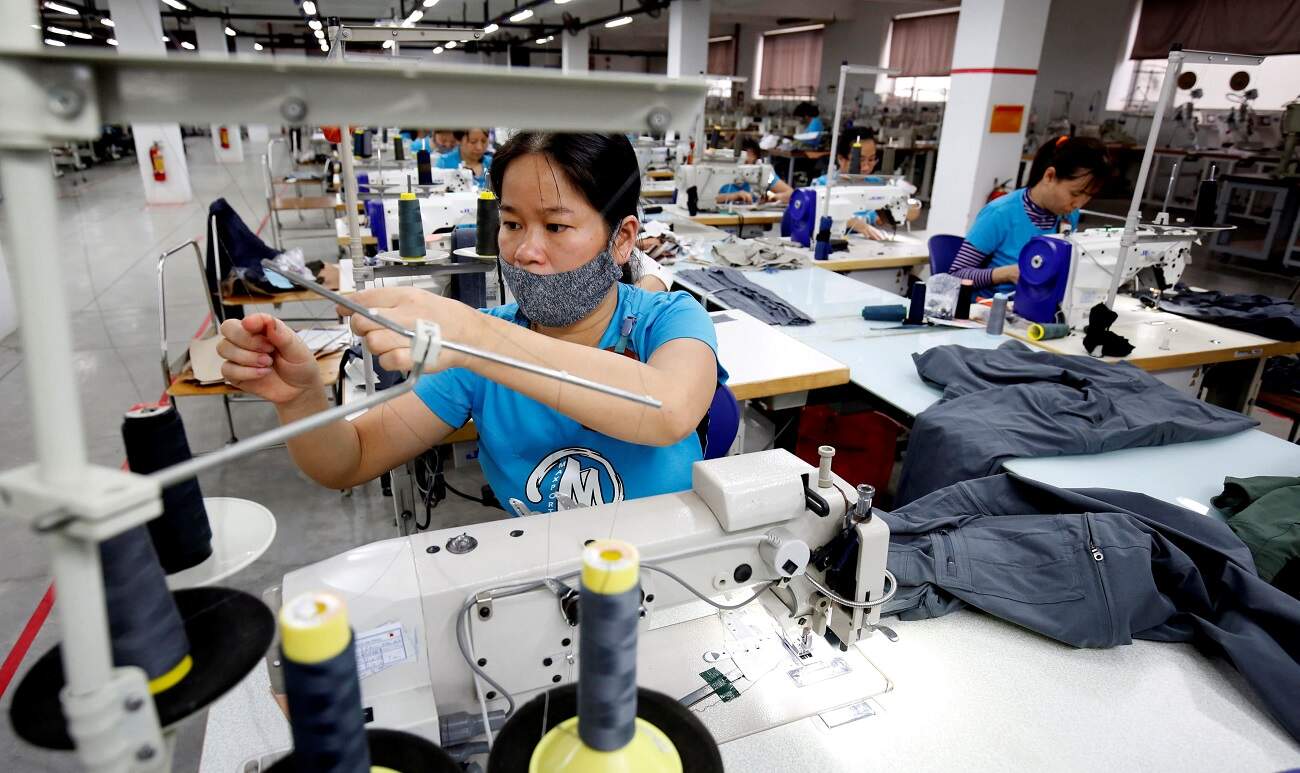
As a nation colonized by the West, it’s no surprise that remnants of colonial mentality still exist, even if we’re able to develop positive customs and traits that we can call our own. From 1899 to 1946, the Philippines was colonized by the US and, before that, by Spain for more than 300 years. Though it’s been decades since the country’s independence, the general culture remains Westernized, with most Filipino consumers favoring foreign brands over local products.
Related article: Cultural Treasures that are Distinctively Filipino
A 2018 study by Kantar Worldpanel’s Brand Footprint reveals that out of the top 50 brands purchased by Filipino consumers, only 28% were local, while the rest, 72%, were global brands.
This data shows the massive influence of the West on the country’s consumer culture, which remains to perceive imported products as superior. However, this needs to change, and though the government has revved up its campaigns to support local brands, it all comes down to the individual Filipino consumer to make the right purchasing decisions.
In this article, we’ll present six reasons why buying local Filipino-made products is essential:
1. Filipino Products are Globally Competitive

A report published in October 2021, “Consumerism of Filipinos on Foreign Brands,” states that Filipinos tend to patronize global brands over local products. One reason could be the general perception that local products are inferior to internationally recognized brands. However, it must be noted that Filipino products, like certain streetwear brands and emerging make-up brands are known to be globally competitive.
The country participates in the International Organization for Standardization through the Bureau of Product Standards, based in Geneva, Switzerland, which promotes global industrial, propriety, and commercial standards.
Any local products that pass the Bureau’s requirements are deemed competitive globally in terms of quality, as they comply with international standards. So yes, Filipino products can compete with global brands, some even outperforming the latter.
2. Creates More Jobs and Reduces the Country’s Unemployment Rate

Supporting local businesses, especially small—to medium-sized businesses, helps create more jobs and reduce the country’s unemployment rate. The more profit a local business enjoys, the more likely these brands will expand and hire more people to meet the ongoing demands.
Related article: Franchise Business Opportunities in the Philippines To Consider Investing In
3. Gives the Economy a Boost

Buying locally means money stays within the community, not foreign companies, boosting the economy. A thriving economy also attracts investors, helping drive more money into the country since the business landscape is booming. Buying locally is believed to improve the nation’s economy and increase potential investments, especially to the top central business districts of the Philippines.
4. Local Food Products are Healthier and More Sustainable

Buying food products from local businesses and communities ensures that food is fresh and healthy and that production processes are more transparent. Instead of buying processed and packaged food transported for days or weeks from other countries, local food products eliminate the logistics stage of bringing food to the table. This is especially true if local manufacturers use native ingredients within the community, allowing consumers to know where their goods come from and how they are made.
Buying locally also ensures minimal fuel emissions, less waste from packaging, and is more environmentally friendly.
Related articles: 12 Filipino Dishes Every Health Buff Needs To Try, 10 Must-Try Filipino Dishes
5. Diversified Product Choices

Nurturing local products also allows for healthy competition, thereby improving the quality and diversity of product choices on the shelves. The option to purchase a locally made product alongside imported goods gives consumers more choices regarding products that meet their wants and needs. The more people support local goods, the more the production of better-quality products emerges, helping to improve the overall output of local businesses and producers.
6. Nurtures Local Cultures and Traditions

This is especially true if local products are rooted in culture and traditions. Examples include handicrafts and traditional food products, which use ingredients and raw materials in the community and are nurtured by local artisans and craftsmen.
When consumers support and purchase these traditional products, they help keep the craft and local culture alive. This ensures that local communities’ culture and identity remain, giving them a sense of pride in their roots and a platform to make a living out of their craft.
Overall, the Philippine colonial mentality may still be strong, as seen by visiting any supermarket or shopping mall laden with essential goods and brands. However, with the Department of Trade and Industry’s “Buy Local, Go Lokal” campaign and other government initiatives to boost the status of local products, the road to improving the overall Filipino perception of buying local goods seems to be on its way.
However, it is also up to the individual consumer to understand the benefits and importance of buying locally, which ultimately helps the brand, the community, and the nation as a whole.
Click here for more Work & Business articles
–
Featured Image by locotabi.jp





